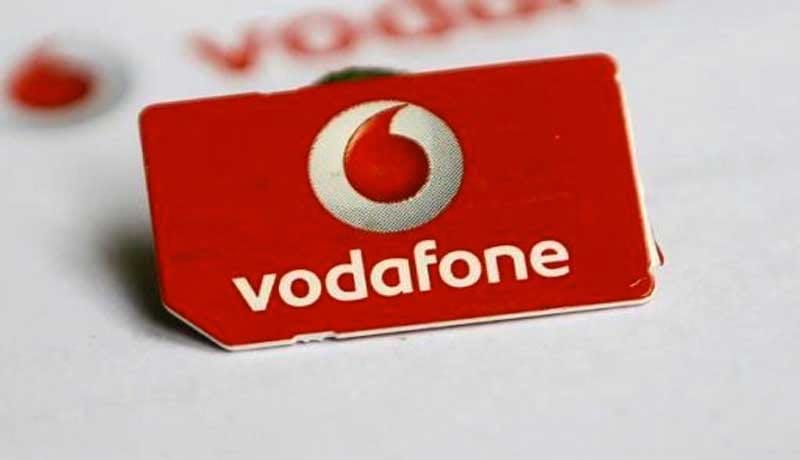All You need to know about CBDT’s new Rules on Retrospective Tax Disputes Settlement and Vodafone Retro Tax Case

Recently, the Central Board of Direct Taxes (CBDT) has notified the new Rules on Retrospective Tax Disputes Settlement so as to settle the long-drawn retrospective tax dispute with Vodafone Plc.
The new rules namely Relaxation of Validation (section 119 of the Finance Act, 2012) Rules, 2021 is consistent with the basic structure notified on October 1 for settling retrospective taxation cases that arose due to the controversial 2012 amendment to the Income Tax Act.
In May 2007, Vodafone acquired a stake in Hutchison Essar for $11.2 bn. Vodafone International Holdings BV bought the stake of Hutchison Telecommunications International Ltd in Hutchison Essar. The deal between the companies based overseas was executed in the Cayman Islands.
On October 30, 2009, the Income Tax department served notice to Vodafone International Holdings
Notice under Sections 201 and 201 (1A) of the Income Tax Act for non-deduction of tax at source on the $11.2 bn transactions. Further on October 30, 2010, the Income Tax Department ordered Vodafone to furnish Rs 11,218 cr under Sections 201 and 201(1A).
In the month of April 29, 2011, a Rs 7,900 crores penalty was imposed. The Bombay High Court upheld the tax authorities' decision. Dept raised tax demand in the subsequent month
On January 20, 2012, the Supreme Court set aside the Bombay High Court decision; quashed tax & interest demand. It said the transaction was between two overseas entities & Indian tax authorities had no territorial tax jurisdiction. On February 17, 2012, the government filed a review petition, however, the Supreme Court dismissed the review petition.
In 2012 the Indian government amended the Income Tax Act retrospectively. Section 119 of the Finance Act validated the tax levied on Vodafone. The government said the amendment was only a clarification to remove ambiguity and provide certainty.
In January 2013, the Income Tax department raised a fresh demand for Rs 11,218 crores. Vodafone subsequently sought to settle the case. A committee set up to resolve the issue failed to make any headway.
Vodafone had challenged the tax demand at an international arbitration tribunal. Supporting the Vodafone argument, the tribunal passed an order against India and directed it to reimburse Vodafone. The government had challenged the arbitration award before a Singapore court.
How does CBDT’s new Rules on Retrospective Tax Disputes Settlement play a significant role in the Vodafone Retro tax case?
As per the new rule, the British telecom giant is required to give a declaration to the Income-Tax Department, withdrawing all legal proceedings against the Central government over the levy of retrospective taxes, besides the indemnity it has to give against any claims and commit not to seek any damages. The rule will facilitate the resolution of the Vodafone case.
The new rule gives Vodafone 45 days to approach the government for a settlement. The relaxation given by the government is a welcome provision. It will save foreign companies unnecessary litigation in the future.
To Read the full text of the Notification CLICK HERE
Support our journalism by subscribing to Taxscan AdFree. Follow us on Telegram for quick updates.


